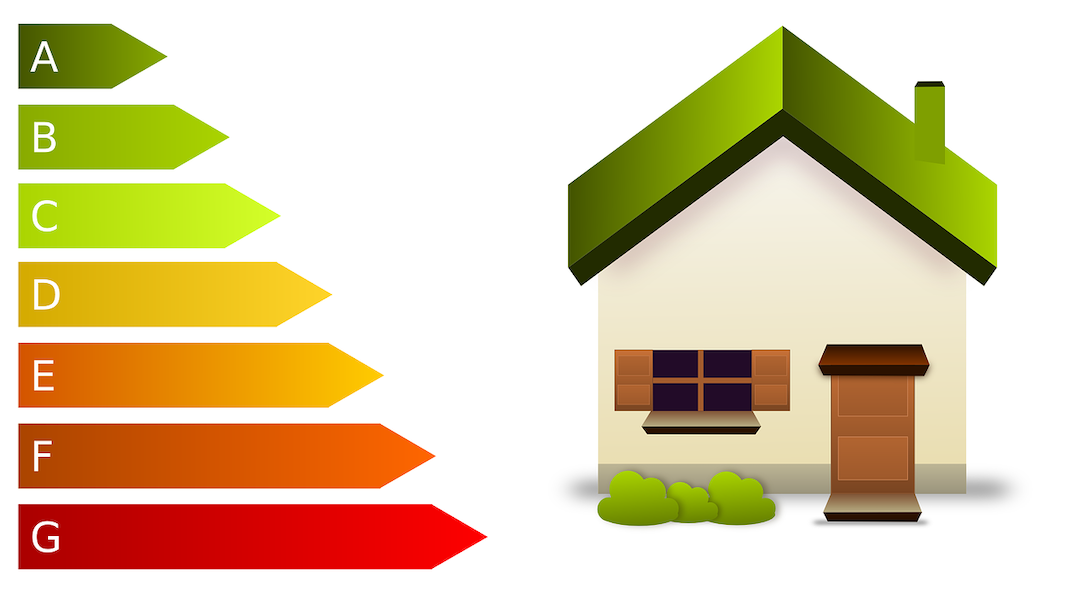Recent findings from the Better Buildings Partnership raise serious questions about the efficacy of energy efficiency ratings used in the United Kingdom.
The study found that buildings that have received the highest rating—an A Energy Performance Certificate—use more energy than some of their peers rated C, D, E, or F. The analysis of self-reported energy data in 2020 for more than 1,100 commercial properties found that the median energy intensity for all B-rated buildings is higher than for C-rated buildings.
The disparity between how buildings are designed and their actual greenhouse gas emissions is widespread in the U.K. The findings are in line with past evidence that green building certifications based on predicted energy use don’t necessarily translate to energy savings in the field.
Some studies have found that LEED certification yields better energy efficiency, but others have found that certified buildings use more energy than non-certified buildings. The U.S. Green Building Council maintains that its own research shows certified buildings are overall more efficient.
Part of the explanation for the disparity between ratings systems and real-world results could be due to the limitation of assessments that only predict potential energy efficiency. In practice, building management systems may not be set up or used properly. In addition, people sometimes undo the efficiency design by bringing fans into buildings or installing additional air conditioners.
Related Stories
Codes and Standards | Mar 7, 2017
Canada’s national building codes will encompass effects of climate change
Forecasted data, not historical data, will be used as the basis for the codes.
Codes and Standards | Mar 6, 2017
ConsensusDocs updates standard short contract editions
The updates address industry changes impacting insurance, legal, technology, and terminology.
Codes and Standards | Mar 3, 2017
ASCE updates standard for structures using tensile membrane
The new sstandard combines guidelines for conventional tensile membrane structures with frame-covered membrane structures.
Codes and Standards | Mar 1, 2017
EPA's 2017 Construction General Permit now in effect
The regulation governs compliance with effluent limits.
Codes and Standards | Feb 28, 2017
Concern grows for high tide flood vulnerability in Mid-Atlantic states
Washington, D.C., and Annapolis, Md., could flood every three days by 2045.
Codes and Standards | Feb 27, 2017
Green building saves operating costs and boosts asset value
A new report shows 14% cost savings and a 7% increase in value when green standards are met.
Codes and Standards | Feb 24, 2017
Scant data hampering energy, water efficiency at sports venues
New NIBS report says baseline information needs further development.
Codes and Standards | Feb 22, 2017
Plans for WELL Building Standard include linkage with other green building standards
The planned updated version will be customizable for any building type.
Codes and Standards | Feb 21, 2017
Aging building code inspectors and government belt-tightening could cause crisis
Inspectors are edging toward retirement with no understudies in place.
Codes and Standards | Feb 20, 2017
AISI publishes three new cold-formed steel framing research reports
Seismic simulation, roof trusses, steel-to-steel and sheathing-to-steel connections are examined in the reports.

















